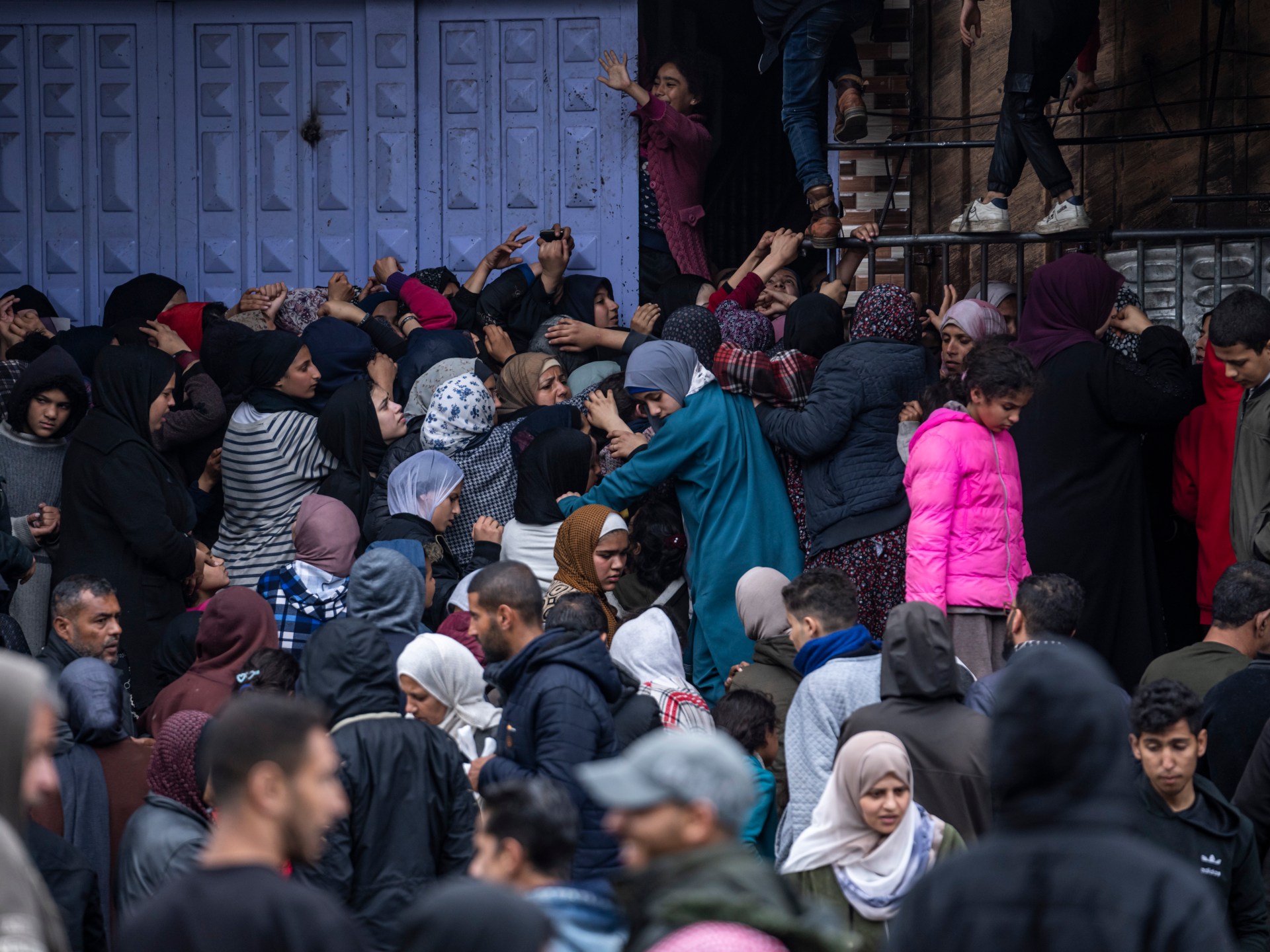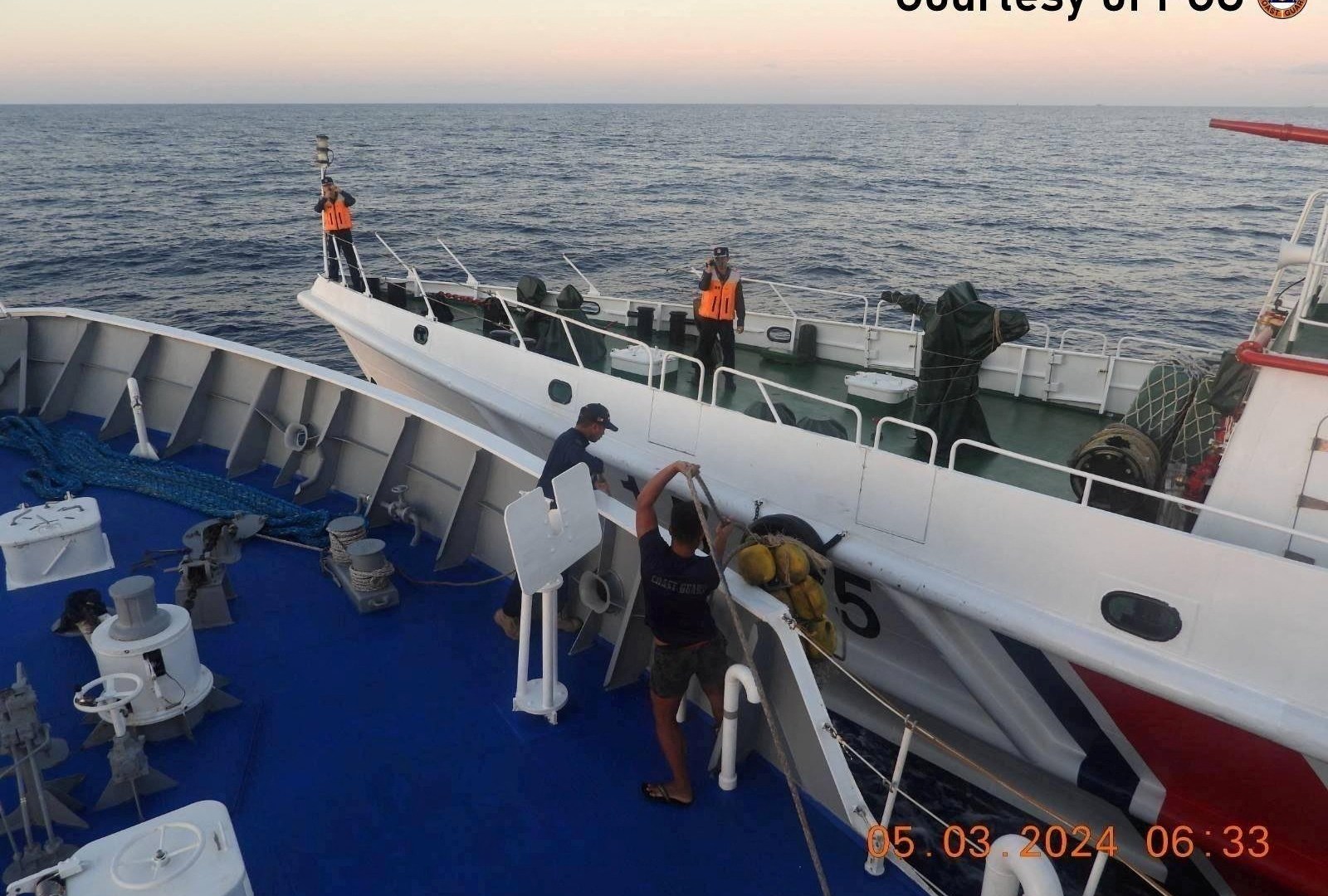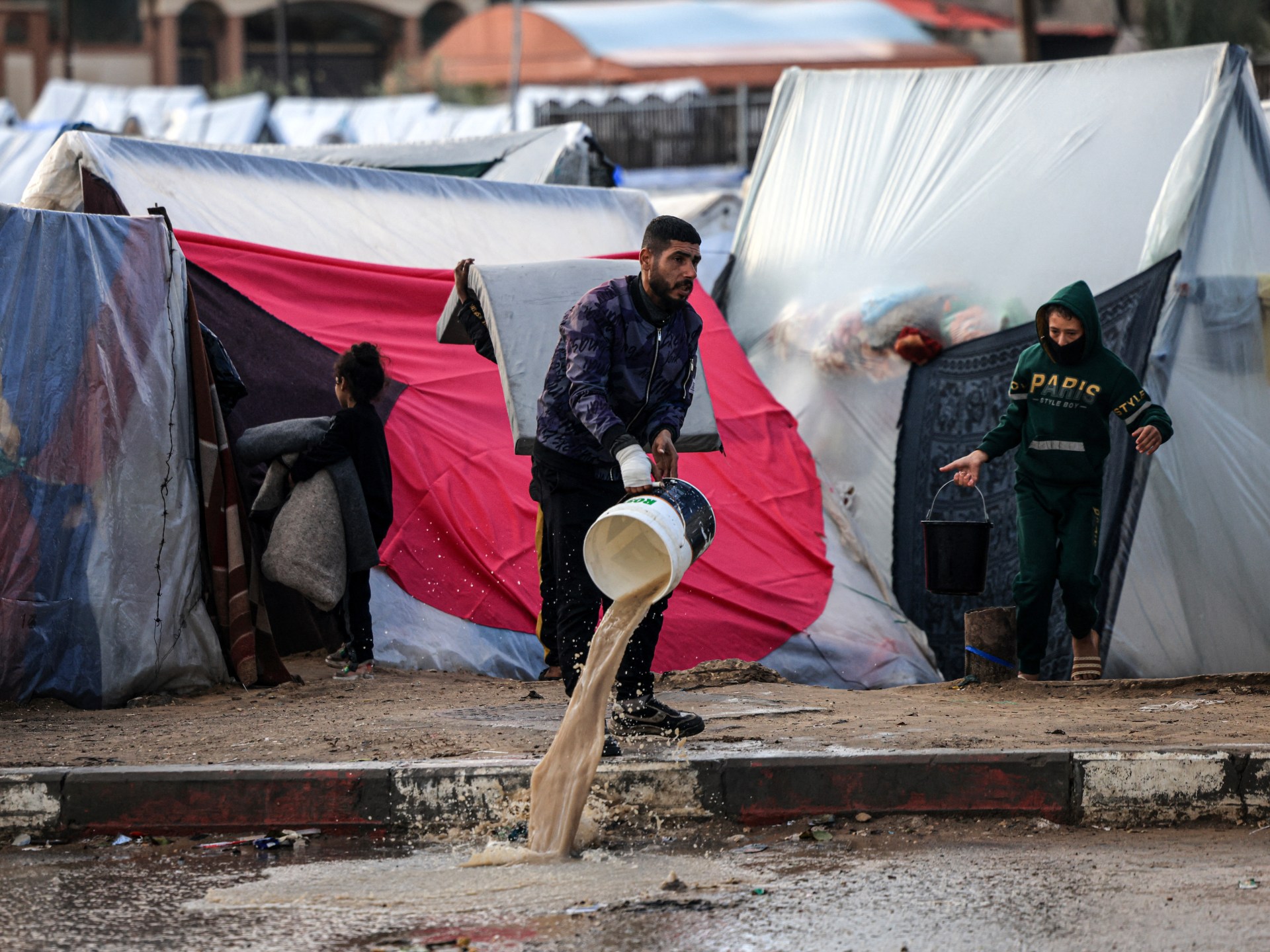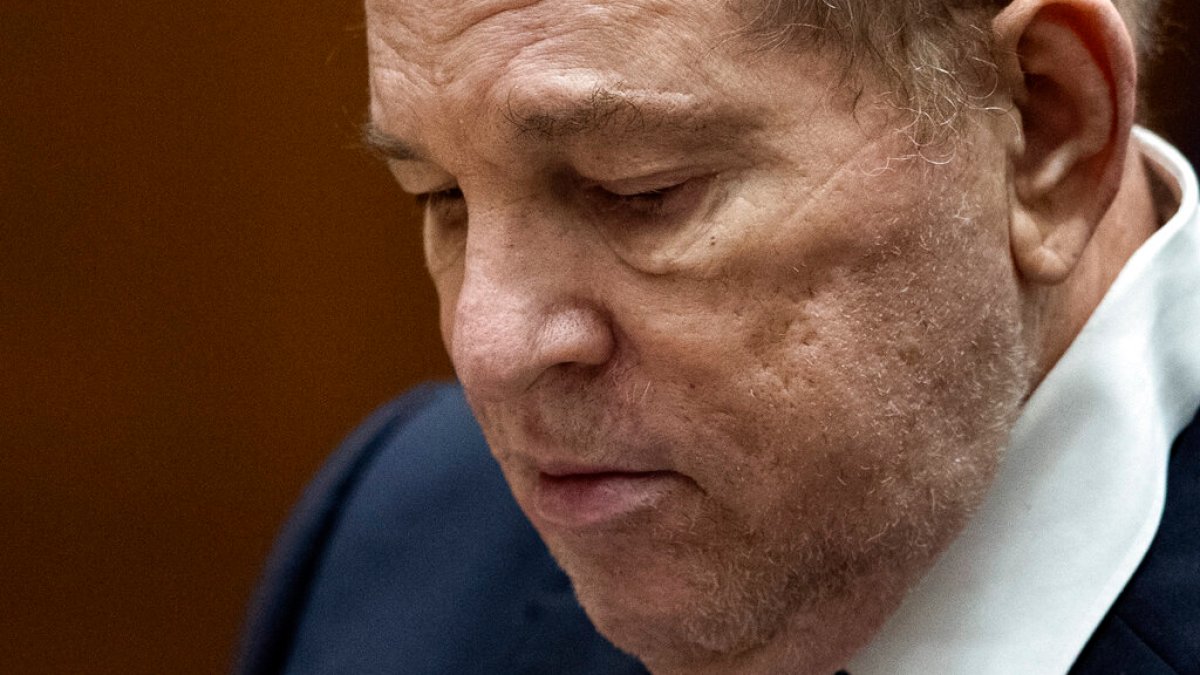Israel pushes deep into Gaza City amid ‘catastrophic’ struggles at hospitals
The International Committee of the Red Cross said it was “shocked and appalled” by the reports coming from Gaza’s hospitals. Doctors Without Borders described as “catastrophic” the situation at al-Shifa Hospital, Gaza’s largest.
Doctors and health officials reached by telephone described scenes of panic, fear and death as power ran out entirely at some hospitals and ran low at others, shutting down incubators, intensive care facilities, machinery and lights.
Israeli tanks closed in on several Gaza hospitals Friday, forcing some patients, medical staffers and civilians to join an exodus heading to southern areas of Gaza in hopes of finding greater safety. Israel has frequently asserted that Hamas uses facilities such as al-Shifa Hospital to hide military infrastructure, including underground tunnels. Al-Shifa’s administrators and doctors have denied the claims.
But the intensity of the fighting on Saturday meant escape from most of the hospitals was impossible, the officials said.
Al-Shifa appeared to be the worst affected. Two premature infants died when power was cut to the incubators, and 36 more babies’ lives were at risk, health officials said. Four patients died when the intensive care unit shut down. A fire that broke out when one wing of the hospital was struck by artillery fire could not be extinguished because there was no water. The accounts from Gaza could not be independently confirmed.
Israeli tanks in the streets, snipers on nearby roofs and other combat hazards made the streets impassable, said Mounir Abdallah al-Borsh, the director general of the Gaza Health Ministry.
Escape was impossible because Israeli forces are “striking us from all sides,” he said, speaking by telephone from inside the hospital. Wounded people are lying untended in the hospital’s grounds, where as many as 15,000 local civilians have taken refuge, because staffers cannot go outside to treat them, and the hospital’s ICU, maternity wing, and third and fourth floors were hit by shell fire, he said.
The bodies of scores of dead people also were strewn around the hospital grounds because staffers could not reach them to bury them, he said.
“They are striking anything that moves inside or outside the hospital,” he said, as firing sounded down the line. “You can hear the gunfire now.”
Israel denied that its forces were targeting or blockading al-Shifa Hospital. “There is no shooting and there is no siege,” said Col. Moshe Tetro, who heads the Gaza Coordination and Liaison Administration. “We [the Israeli military] can coordinate with anyone [who] wants to leave the hospital.”
Later, Israeli military spokesman Rear Adm. Daniel Hagari said that the Israel Defense Forces would help evacuate the infants from al-Shifa. “The staff of Shifa Hospital has requested that tomorrow we will help the babies in the pediatric department to get to a safer hospital,” he said in a statement. “We will provide the assistance needed.”
The war broke out on Oct. 7 with a blitz into Israel by Hamas that left at least 1,200 people dead and more than 240 hostages in the hands of militants. Israeli attacks had claimed more than 11,000 lives in Gaza by late Friday, the Gaza Health Ministry said.
For the first time since the war began, the ministry said it was unable to tally Saturday’s casualties because of the intensity of the fighting.
Panic also spread through al-Quds Hospital as Israeli tanks reached within 20 yards of the hospital gates, the Palestine Red Crescent Society said. The facility was under intense bombardment and sniper fire and “we are in constant fear about the safety of our team there,” spokeswoman Nebal Farsakh said.
The hospital is down to its last drops of fuel, she said. Babies were among the 500 patients, 100 medical workers and 14,000 displaced civilians taking shelter there who are suffering from dehydration because of the lack of milk and water, she added.
Medical staffers at al-Nasr Children’s Hospital farther south in the city had to abandon five premature babies on incubators when staffers and patients managed to escape under intense shell fire, according to Mohammed Abu Mughaisib, the deputy medical coordinator in Gaza for the Doctors Without Borders. It would have been more dangerous to remove the babies from the incubators “so they left five babies alone in the intensive care on the machines and ventilators,” he said.
Another hospital, al-Rantisi, had come under fire because Hamas fighters had been seen trying to escape among the civilians who were seeking to evacuate, an Israeli military spokesman said. Maj. Shay, whose last name was withheld in keeping with Israeli military rules, said Israeli forces had conducted what he called a “military operation” to root out Hamas assets within the hospital buildings.
Across Gaza City, civilians cowered as Israeli tanks rumbled through the streets.
Contacted by telephone, Doaa Danaf said she had taken refuge with her husband and child on the ground floor of her building in a central residential neighborhood since hearing Israeli tanks outside late the night before. “We can’t move at all,” she said, as the sound of explosions echoed down the line. “We don’t have food or water here, and we can’t go upstairs to bring any.”
“It’s scary, terrifying and unbearable. We hear clashes, the destruction of houses in the area and shelling all the time since last night.”
Reem Akkila huddled with her family in their home in Rimal, a neighborhood in Gaza City near the fighting. Their house is not on a main road, so she couldn’t see Israeli tanks or soldiers, she told The Washington Post. But she estimated that Israeli forces were less than 200 yards away.
The sounds of explosions, gunfire and drones could be heard in voice messages she sent to The Post, alongside the burbles of an infant. The family’s house sustained damage in a previous bombing, she said, “and today it is shaking from every airstrike or artillery launch from the tanks.”
“We feel all of us that we will die at each moment because of the bullets we hear or an artillery shell that may reach our house,” she said. “We sit with the children in an area of two meters and prevent them from moving for fear of standing in front of the windows and walls and being bombed.”
As the situation for civilians in Gaza deteriorated, Arab and Islamic leaders attending a summit in Saudi Arabia’s capital, Riyadh, called for an immediate halt to the fighting and for Israel to be held accountable for possible war crimes.
The leaders, however, failed to agree on a tougher set of measures proposed by some countries that would have included severing diplomatic relations with Israel. The summit offered a semblance of Arab and Islamic unity on the crisis, bringing together former rivals such as Saudi Arabia and Iran, whose president, Ebrahim Raisi, was among the attendees. It was the first visit by an Iranian leader to Riyadh in more than seven years.
Parker reported from Jerusalem and Dadouch from Beirut. Carrie Keller-Lynn in Tel Aviv, Ellen Francis in London, and Dan Rosenzweig-Ziff in Washington contributed to this report.
Check out our Latest News and Follow us at Facebook
Original Source







